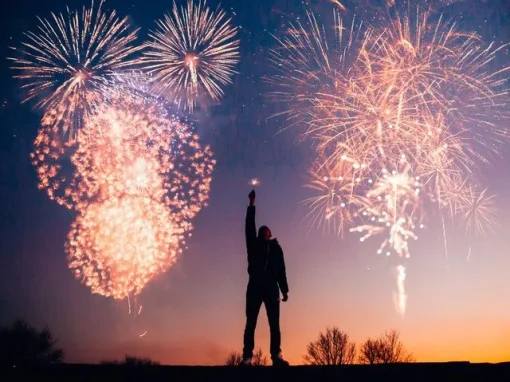By re-framing our concept of abuse, we can see that we are not victims of another’s trespasses but co-creators of experiences that help us grow.
American females are sexually molested 1 in 4 before they turn 18. In addition, this nation has 39 million survivors of sexual assault, most of whom will remain anonymous.
The effects of sexual abuse and assault may be far-reaching and subtle. Every two minutes, an adult woman is raped in America.
It’s reported that seventy to eighty percent of survivors of sexual abuse will use drugs and alcohol excessively. And research has shown that females who have been abused are more likely to suffer from eating disorders, confusion about their sexual identity, poor sex life, and relations with men.
These are external signifiers of inner conditions of low self-esteem, guilt, shame, and self-consciousness that survivors of abuse will often feel. For example, Mary Anne Cohen, the director of the New York Center for Eating Disorders, describes sexual abuse as a violation of the boundaries of the self.
In the instance of a child experiencing abuse, the perpetrator gains power over the victim through the act of abuse. The child, rendered helpless through a violation by someone in a more dominant position, will often spend their lives recreating vulnerable situations or trying to manipulate their external environments excessively. Such as their weight or appearance—to gain a feeling of control or power loss in their early years.
Ending Victimhood
But referring to an abuse survivor as a ‘victim’ is to reaffirm that state continually. In his book Wisdom of the Self‘, Paul Ferrini believes that every instance of abuse is an opportunity for healing for both perpetrator and victim. His stance is that we all enter this world with a certain degree of inadequacy about who we are and that “our self-doubt attracts to our relationships in which that doubt can be made conscious and explicit.”
He claims that this is not to say a child can be held responsible for acts of abuse against them, but that to heal, she must own the experience because it happened to her. It happened so that she could heal deep-rooted pain and self-loathing within her and provide her with the opportunity to learn forgiveness.
By re-framing her pain situation as an opportunity to gain empowerment, she can then go on to empower others through her experience.
Ferrini elaborates by saying that “whatever hidden beliefs or assumptions we have about ourselves will be externalized in our relationships. Everything that happens outside of us reflects an inner state.” Thus by recognizing our role as co-creators of our experience, however unpleasant that may seem, we acknowledge that we are nobody’s victim.
Forgiveness for Perpetrators of Abuse
Ferrini proposes that to find true healing, we must throw out the model of the innocent and guilty. Both parties’ abuse comes about from a shared motivation—the perpetrator is acting out from his feelings of self-hatred. To truly forgive, Ferrini believes we have to come from a stance of equality and recognize that all of us have been a perpetrator at some point in our lives.
By recognizing the darkness in ourselves, only then can we begin to comprehend darkness in others and find compassion for their suffering. Releasing oneself from the burden of condemnation of another is one of the most self-empowering acts. By re-framing the concept of perpetrator and victim to one where we are all on an equal playing field learning from our individual experiences, we see that every occasion is an opportunity for all sides to find greater wholeness and true healing within.







